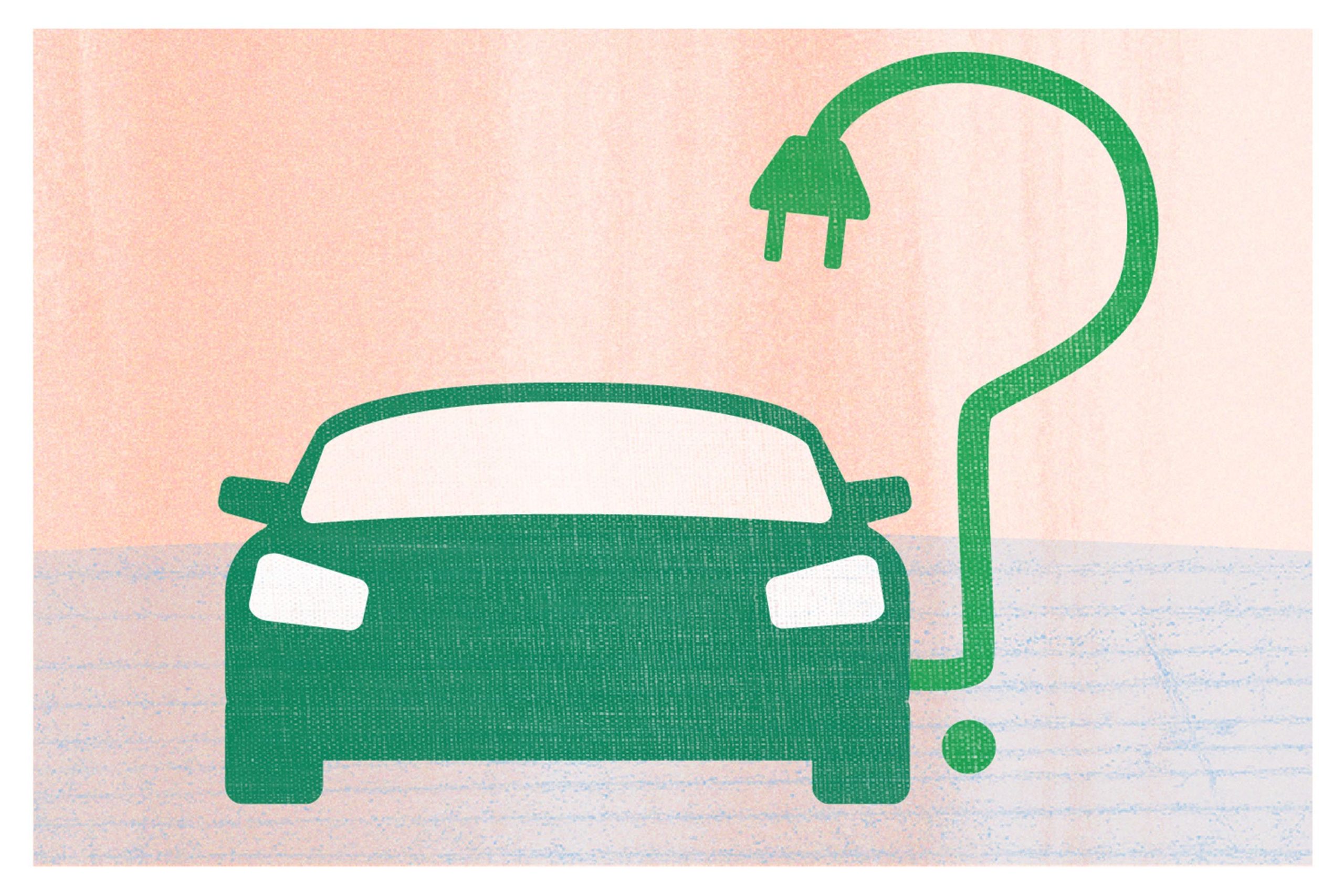
With the increasing global concern for the environment, people are looking for sustainable solutions in all aspects of life. One such area is transportation, where Electric Vehicles (EVs) have emerged as an alternative to conventional gasoline-powered cars. In this article, we explore how EVs are making a significant contribution to a sustainable future.
Reducing Greenhouse Gas Emissions
One of the most substantial benefits of EVs is their ability to reduce greenhouse gas emissions. Unlike traditional cars that run on gasoline or diesel, EVs are powered by electricity, resulting in zero tailpipe emissions. This significant reduction in emissions not only cuts down air pollution but also has a direct impact on mitigating climate change. As the global electricity grids transition to clean energy sources like wind and solar power, the emissions associated with charging EVs become even lower, making them an ideal choice for eco-conscious individuals.
Energy Efficiency
EVs are known for their energy efficiency compared to internal combustion engine (ICE) vehicles. Electric motors convert about 90% of the electrical energy from the battery to power the wheels, while ICE vehicles typically convert only 12-30% of the energy from gasoline. This higher energy efficiency means that EVs can travel a greater distance on the same amount of energy, making them more sustainable and cost-effective in the long run.
Renewable Energy Integration
As the adoption of renewable energy sources continues to grow, EVs provide a unique opportunity for their integration into the grid. Using bidirectional charging technology, EVs can not only draw power from the grid but also supply it back during peak demand. This vehicle-to-grid (V2G) concept allows EV owners to contribute to the stability and reliability of the power grid. By utilizing the excess energy stored in EV batteries, renewable energy sources can be better leveraged, facilitating a smoother transition towards a carbon-free economy.
Reduced Noise Pollution
Another advantage of EVs is their significantly reduced noise pollution. Unlike traditional vehicles with internal combustion engines, EVs operate quietly due to their electric motors. This reduction in noise pollution not only improves the overall quality of life in urban areas but also benefits the environment and wildlife. By embracing EVs, we can contribute to creating a more peaceful and sustainable living environment.
Promotion of Local Economy
As the demand for EVs continues to rise, there is an inherent boost to the local economy. The production and maintenance of EVs require skilled labor, creating job opportunities in the green manufacturing sector. Moreover, the transition to EVs stimulates local infrastructure development, such as the installation of public charging stations. This investment not only accelerates the adoption of sustainable transportation but also creates a supportive ecosystem for future innovations in the green technology space.
Conclusion
Electric Vehicles are much more than just innovative transportation options. They hold the potential to shape a sustainable future by reducing greenhouse gas emissions, promoting renewable energy integration, and minimizing noise pollution. Furthermore, their adoption fosters economic growth and local development. As we strive towards creating a greener world, embracing EV technology is a step in the right direction. By choosing electric vehicles, we contribute to a cleaner and more sustainable future for generations to come.

